
Today we’d like to introduce you to Corinne MacInnes.
Hi Corinne, thanks for sharing your story with us. To start, maybe you can tell our readers some of your backstories.
I started Butter Castle Studios as a small ceramics brand in 2018. The name “Butter Castle” comes from my last name, MacInnes. The MacInnes clan has one little castle in Scotland that is nicknamed Caisteal an Ime (Castle of Butter). The legend is that the lady of the house paid the builders with a volume of butter equal to the size of the castle.
Butter Castle Studios today operates as a small batch ceramics studio dedicating 10% of all profits to a variety of causes. I donate 10% of all my income from Butter Castle sales to nonprofits ranging from the World Wildlife Fund to Lambda Legal. I attend art fairs to sell my work, show in galleries, and teach ceramics at a few community art centers.
We also just hosted a backyard art sale at my house with seven local Ann Arbor and Detroit artists. It was a huge success, and I intend to make it a yearly summer event.
Alright, so let’s dig a little deeper into the story – has it been an easy path overall, and if not, what were the challenges you’ve had to overcome?
I feel very privileged and lucky to have a great support system with my partner, friends, and family helping me realize my goals as an artist. I quit my full-time job at a ceramics supply shop in May of 2021. Since then, I’ve definitely struggled with the financial side of things, but I make just enough to pay the bills and keep my credit card debt mostly at bay. I’ve also been fortunate enough to build a tiny ceramics studio in my home with second-hand equipment, including a pottery wheel and a little electric kiln. Having access to a home studio space is an incredible thing for artists to be able to openly create and turn their concepts into a real thing.
Having time is also a big factor of being able to work as an artist. While I’m grateful for the lifelong friends and knowledge my last full-time job gave me, there is no way I could progress my career as much as I have in the last year if I still worked a 40-hour week with a commute. Taking the step to remove your safety net of full-time income and benefits is scary, but it was the best thing I could have done for my own circumstances as an artist.
Appreciate you sharing that. What else should we know about what you do?
While I do make and sell pottery as an income source, I’ve been working on progressing my sculptural work alongside the more crafty part of my art. From the conceptual perspective, I recently have been interested in how much birds can tell us about our surroundings. Birds are amazing animals that can do magical things like predict weather patterns, adapt to concrete habitats, and mimic human voices. Birds are also heavily symbolic in folklore, religion, and other narratives from around the world. Beyond that, they are even telling us a lot about how climate change is affecting our world.
My last two pieces in juried shows are investigating the way birds function as characters in folklore, as well as the way birds can represent a visual of how humans categorize, sort, and store information.
What I’m most interested in these days from a technical side is how I can incorporate resin cold surfacing onto ceramic pieces, how containers and boxes are perceived, and further research into glaze formulation.
Any advice for finding a mentor or networking in general?
I have found that friendship and community is a really important part of growth as an artist. If you have friends that are artists, working together in the studio creates a super positive environment that fosters bolder ideas. It seems obvious, but working alongside others in a studio setting will expose you to different ways of thinking about art. A lonely studio workday can be very productive, but I always find it really changes my brain to be around other creatives.
Mentors are important people to have in learning spaces, but I believe mentorship should come from a place of support rather than control. A mentor can learn just as much from their mentee as the other way around.
Pricing:
- Pay yourself at least $20-$50 and hour for your work time.
- Price your work to cover material costs with at least a 10% overage.
- Friends and family are there to support you as a working artists, not to get free work or discounts.
- Small pieces might be easier to sell, but big ticket items will make the better part of your income.
- Always get high-quality images of your work before selling.
Contact Info:
- Website: buttercastlestudios.com
- Instagram: instagram.com/buttercastlestudios
- Facebook: facebook.com/buttercastle
- Twitter: twitter.com/buttercastlestu
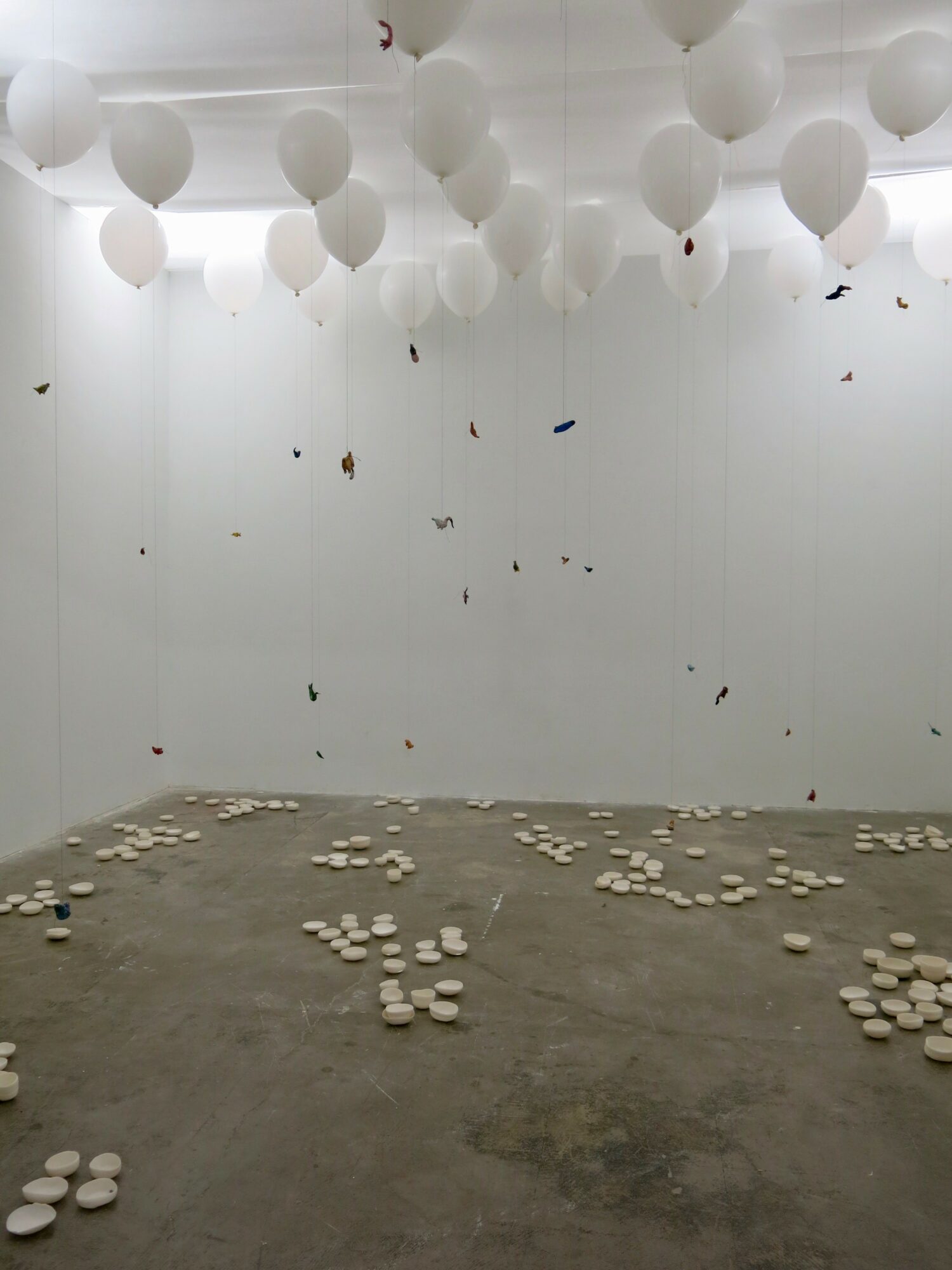
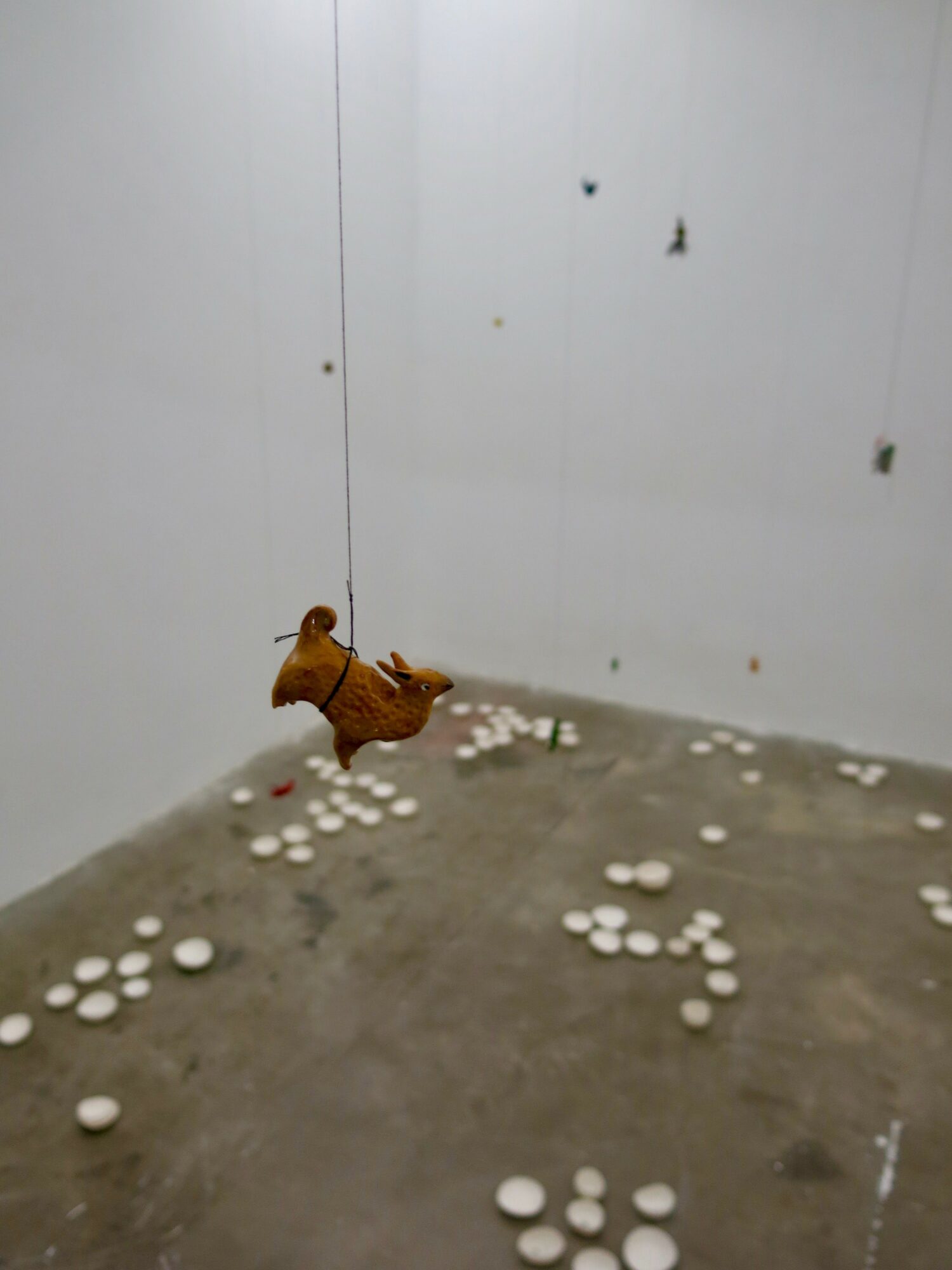
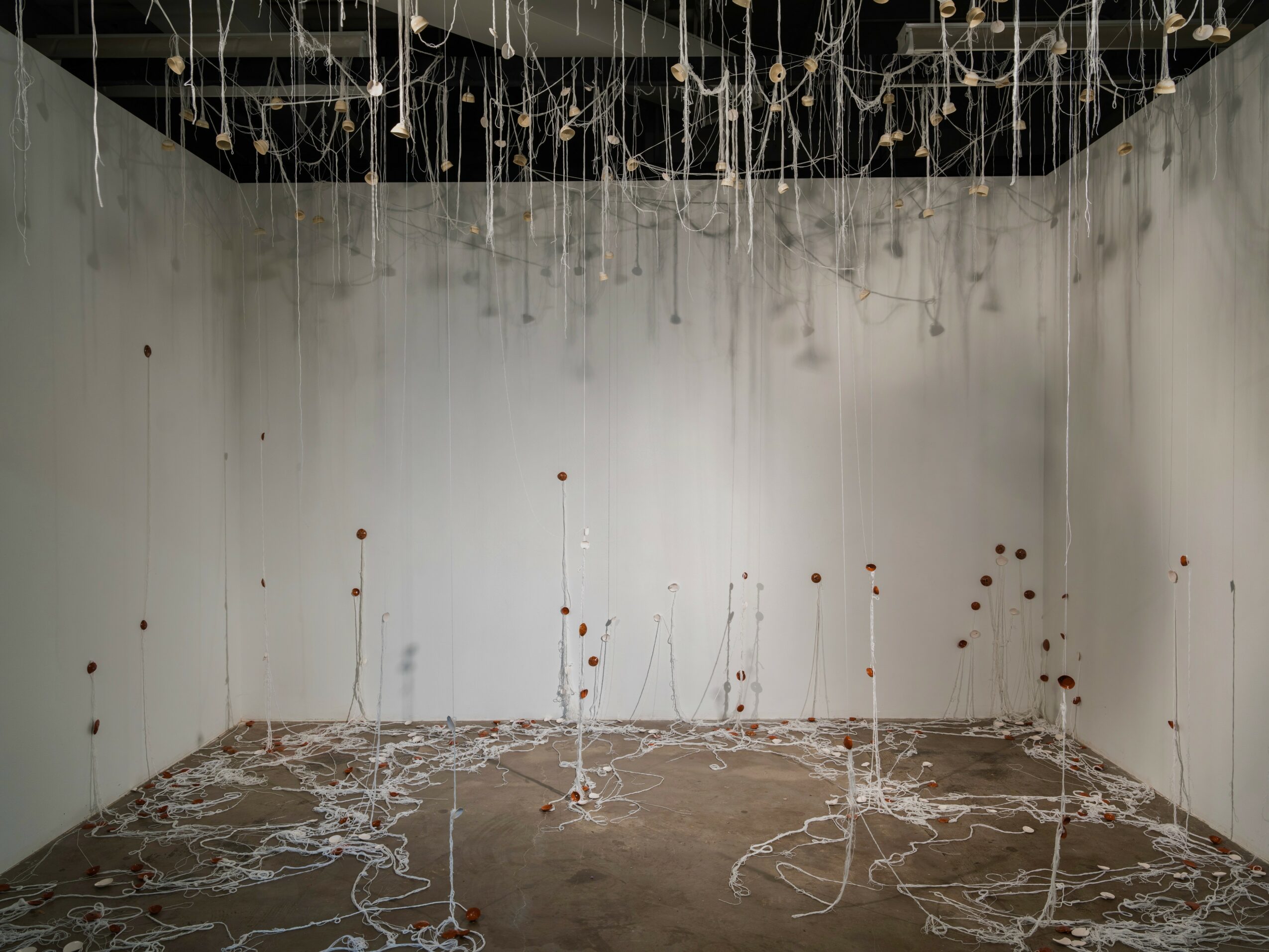
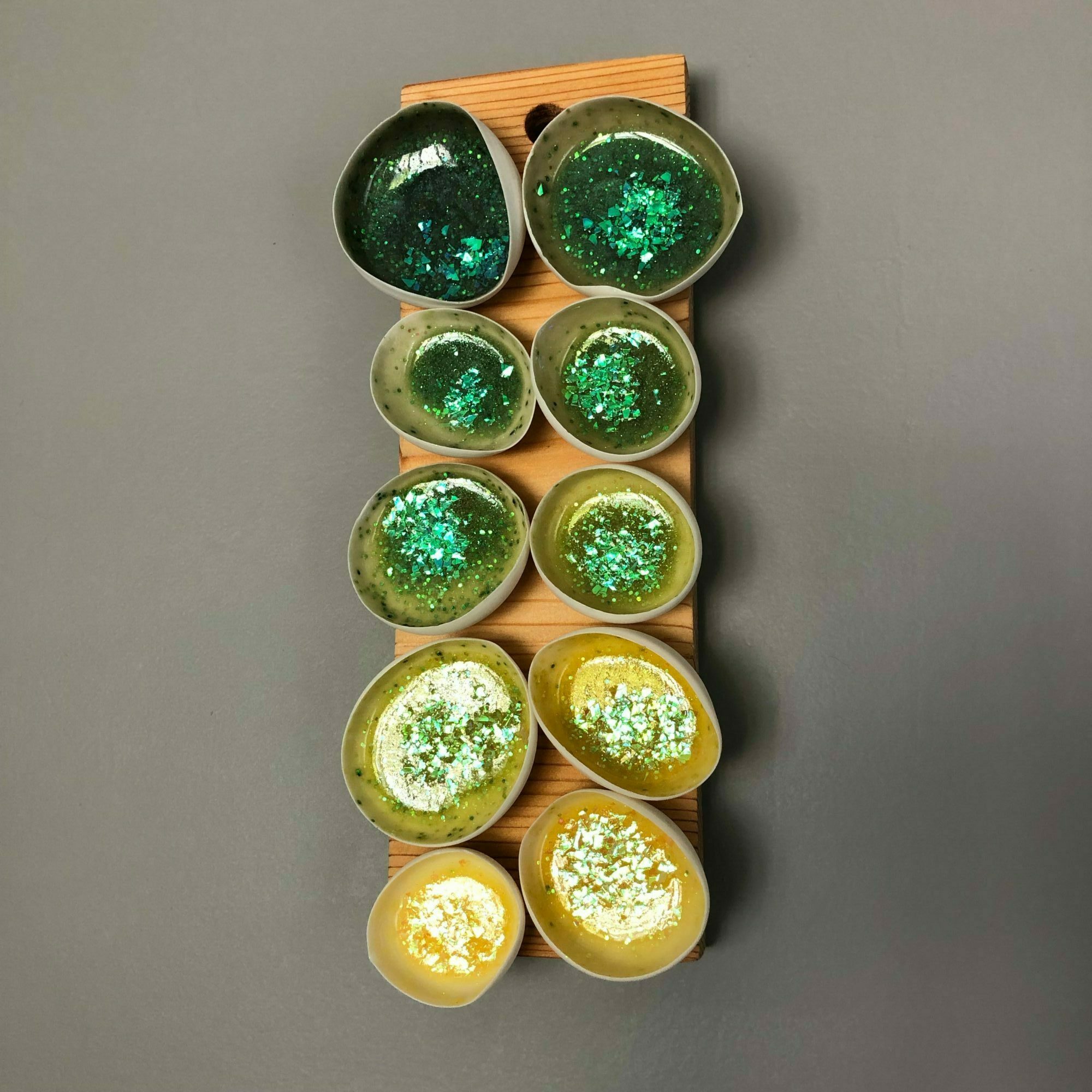
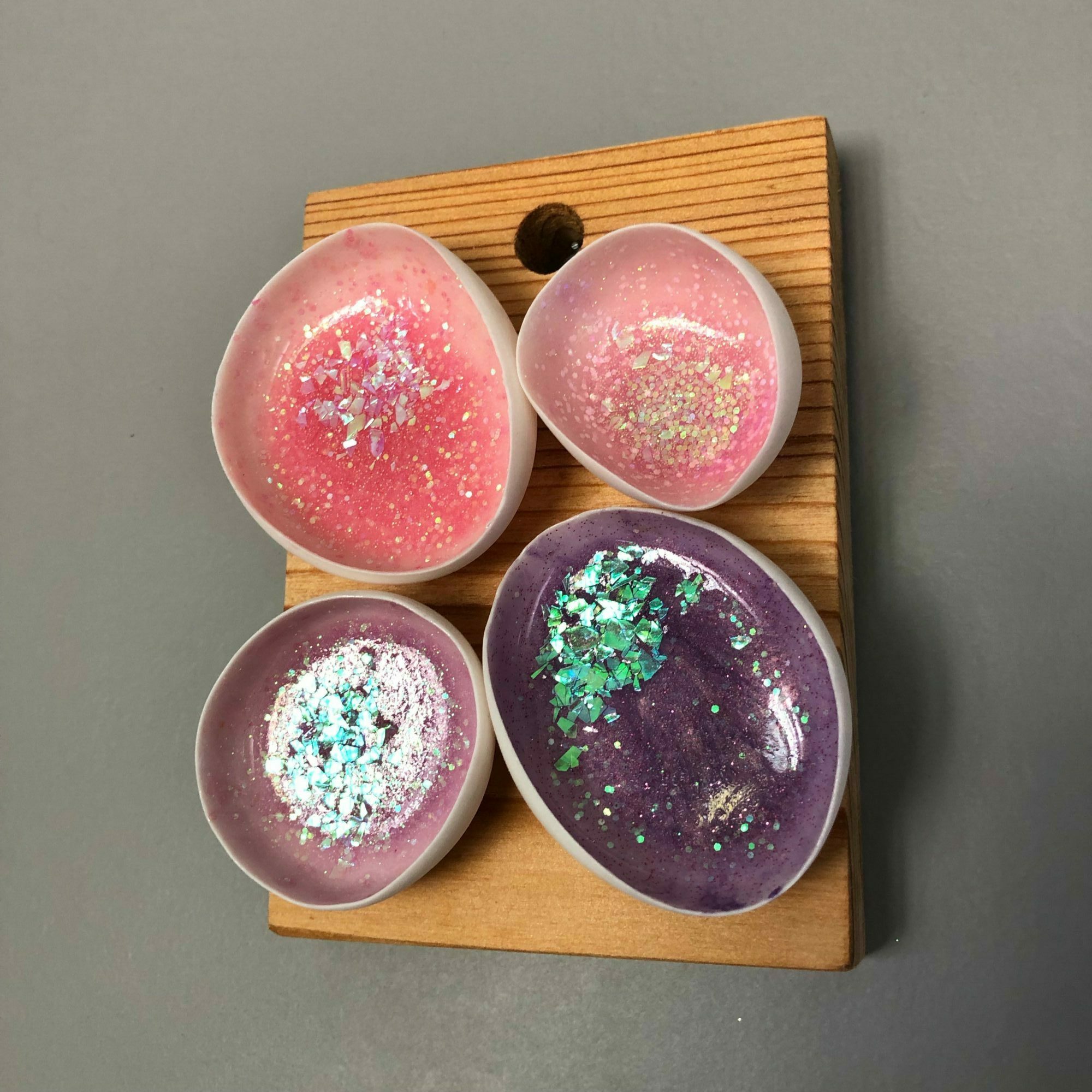
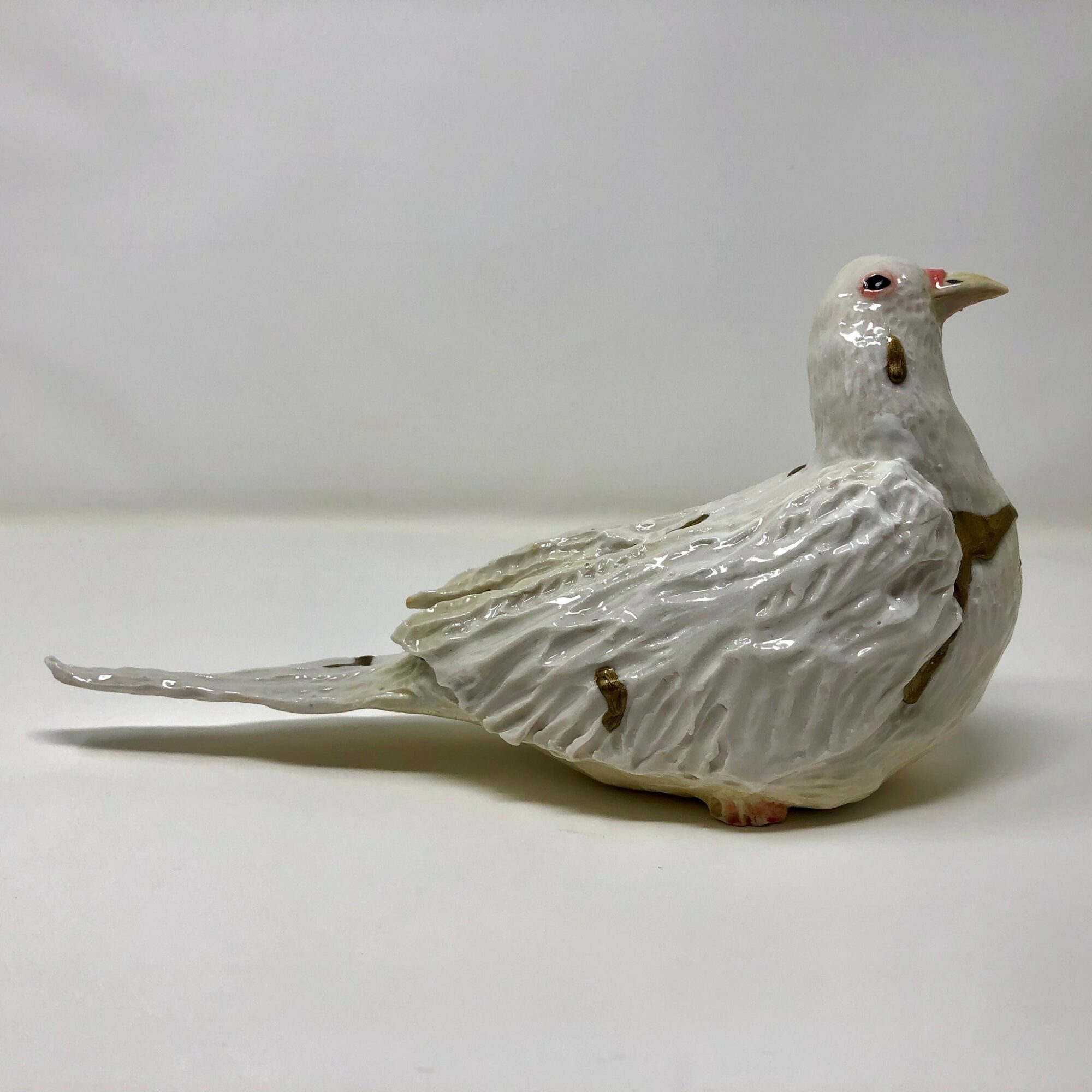

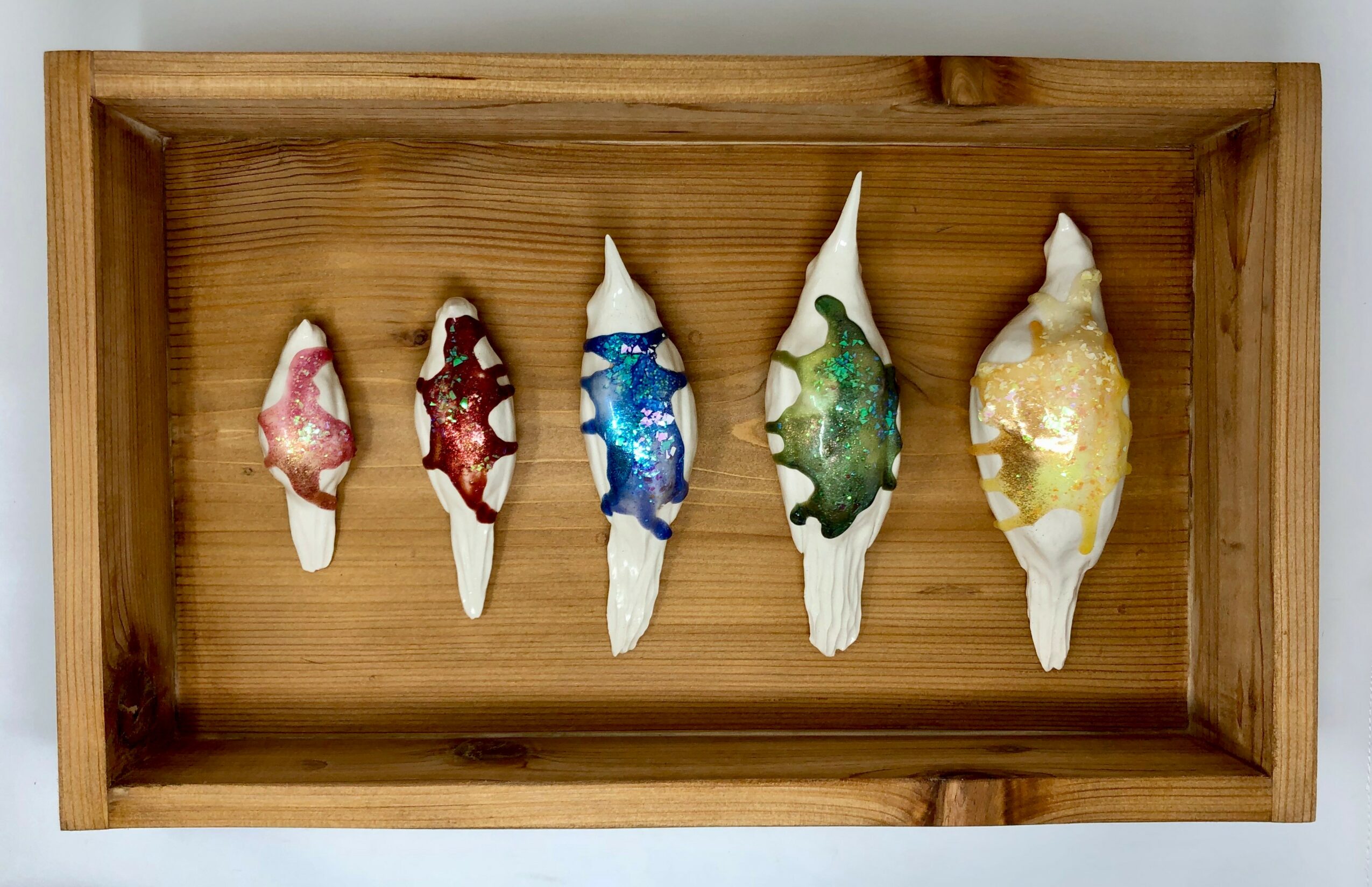
Image Credits
Alex Nichols











